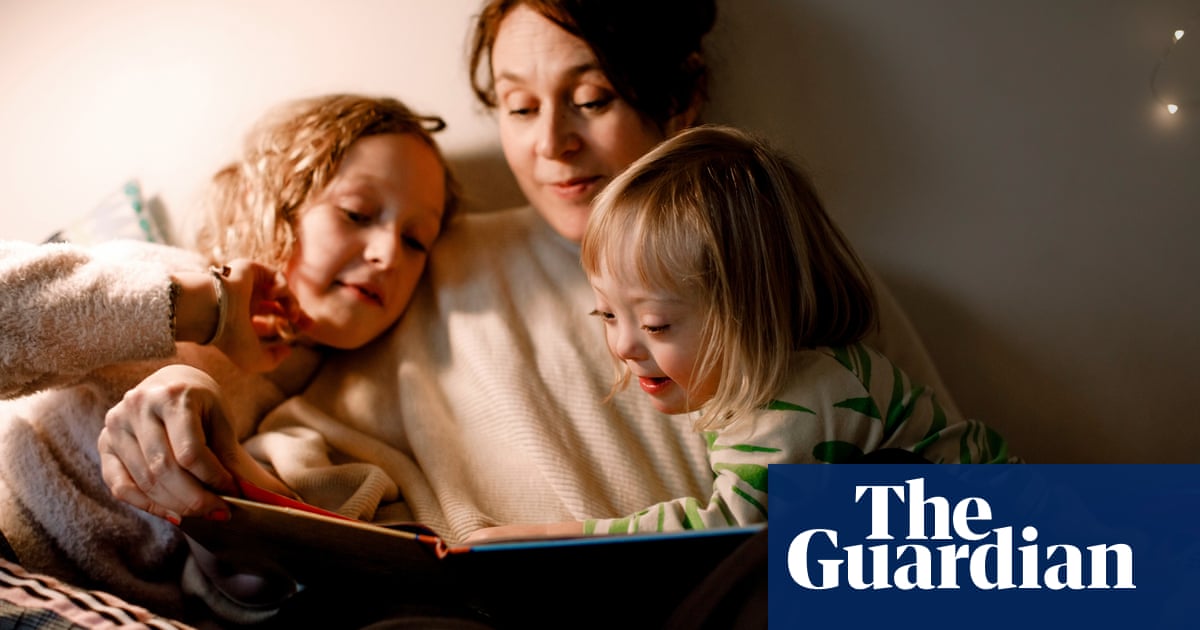The article highlights a concerning trend in parenting, specifically the decline in the frequency of parents reading aloud to their children. This decline from 64% in 2012 to 41% in recent years raises questions about the implications for child development and literacy.
Purpose Behind the Article
The primary goal seems to be raising awareness about the diminishing practice of reading aloud to children. By presenting research findings, the article invites parents to reflect on their reading habits and the importance of storytelling in early childhood development.
Public Perception and Community Impact
The article aims to generate a sense of urgency among parents regarding the significance of reading to children. The reduction in reading frequency might lead to concerns about children's literacy skills and cognitive development. This could foster a community dialogue about parenting practices and the role of literature in childhood education.
Hidden Agendas or Omissions
While the article focuses on the decline in reading habits, it does not delve into potential underlying causes, such as the increasing screen time or busy lifestyles of parents. This omission could suggest a desire to simplify a complex issue into a call to action without exploring broader societal changes that may contribute to the trend.
Manipulative Elements
There is a subtle manipulation in how the statistics are presented, emphasizing the decline to provoke a reaction. The framing suggests that parents should feel guilty or responsible for this decline, which could foster defensiveness instead of constructive dialogue about the challenges of parenting today.
Truthfulness of the Information
The data appears credible, coming from a reputable source like Nielsen and HarperCollins. However, the narrative around it could be seen as biased or overly simplistic, as it does not offer a comprehensive view of the factors influencing reading habits.
Societal Implications
This article could influence societal views on parenting, prompting discussions on the importance of early literacy and possibly leading to initiatives aimed at encouraging reading within families. It may also affect educational policies or programs designed to support literacy in young children.
Target Audience
The article primarily appeals to parents, educators, and child development advocates who are invested in fostering literacy and healthy parenting practices. It seeks to engage those who may feel concerned about their children’s reading habits and overall development.
Economic and Market Impact
While the article may not have a direct impact on stock markets, it could influence the publishing industry by encouraging parents to invest more in children's books. Companies that produce educational materials or children's literature might see a positive response if this trend is addressed through increased parental engagement.
Global Context
This issue has universal relevance, as literacy rates and educational practices are critical in many societies. The decline in reading aloud could resonate with global discussions about education and child development, aligning with current trends emphasizing the importance of early childhood education.
Potential Use of AI in Article Composition
It’s possible that AI tools were used to analyze data trends or to generate the survey-based narrative. However, the article itself does not exhibit overt signs of AI-generated content, as it maintains a human touch in its call for community involvement and personal reflection.
Conclusion on Reliability
The article is grounded in factual data, but its framing may lead to a skewed perception of the issue. It successfully raises awareness about an important topic while potentially oversimplifying the complexities involved. The overall reliability remains high, though readers should consider the broader context behind the statistics presented.
